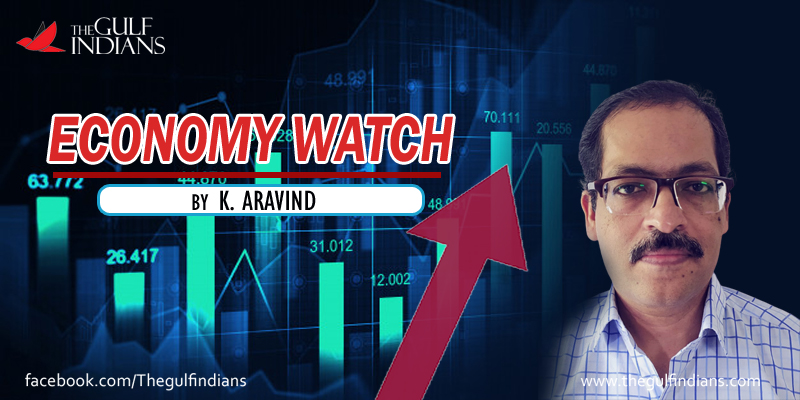It is a perplexing question of whether chicken or egg came first, the question of whether demand or investment should come first. Investing only when there is demand is beneficial. Demand can only be met if there is investment. Therefore, the answer to the question of which of these should be given prominence will be the backbone of economic policy.
If supply has to be smooth there has to be demand. In other words, it makes sense to supply only where there is demand. This is the basic principle of traditional economics. At the same time, there is a non-traditional way of investing first and thereby creating demand.
Which of the following methods should be used to accelerate economic growth? Today, China, the world’s largest producer, has successfully applied a second, unconventional method to achieve that. In China, a “government-sponsored economy”, large-scale investment has been made with the support of the government and a large number of jobs have been created. The investment paved the way for export-oriented income and growth. On the other hand, domestic demand naturally improved with the increase in employment. The demand for a supply that meets this demand was met by an earlier investment. Elsewhere in the world, where there has been growth the focus was on investment.
But the situation in India is very different. India, the world’s second most populous country, has always been an economy based on demand and consumption. In many areas we have not been able to meet the demand-driven supply. The main reason for this was the inadequacy of capital investment. Therefore, we have to depend heavily on imports. In India, the government invests heavily in infrastructure development. There is not enough supply in any of the sectors where the government mainly invests.
India can only become an ‘investment-centric economy’ once there is a transition from substantial government investment to the growth of private investment. One of the main expectations after the Modi government came to power was that private investment would increase. But that did not happen. We have seen in recent times that even domestic investors are reluctant to invest more capital. Although the government has taken some important steps in recent years to implement investment, such as the implementation of the GST and corporate tax cuts, it has not produced any positive effects on the economy.
For India, demand must strengthen if more capital investment is to take place. India is mainly an economy based on domestic consumption. Unlike China, a significant portion of the country’s income is not dependent on exports. Therefore, more investments will be made in our country only if there is a feeling of strong demand from investors in India.
COVID-19 has grounded both supply and demand. Production activity declined significantly and demand fell due to the loss of income of the people. The government has to deal with this situation in two ways. As people’s incomes fall and job losses spread, the first step is to re-create demand through stimulus measures that put money in their hands and thereby pave the way out of the
recession. According to economists like Raghuram Rajan, Abhijit Banerjee and Amartya Sen, ways need to be opened to get more money into the hands of the people. It should be recognised that strengthening consumption is the only way out of the recession.
Another move that needs to be made along with the demand-strengthening move is to give incentives to the manufacturing sector to improve supply. Following the spread of COVID across the world, there has been hostility to China. This has created an opportunity to attract more investment in the manufacturing sector. Although some moves have been made to seize this opportunity, it has not been adequate. The government needs to have a comprehensive plan in this regard.
India’s economic growth slowed to 23.9 per cent in the April-June quarter due to the impact of COVID. It is safe to say that supply was low and demand was high for most of the economy. Every positive step taken at present will help the economy to recoup very quickly. Delaying immediate action is tantamount to wasting opportunity.









